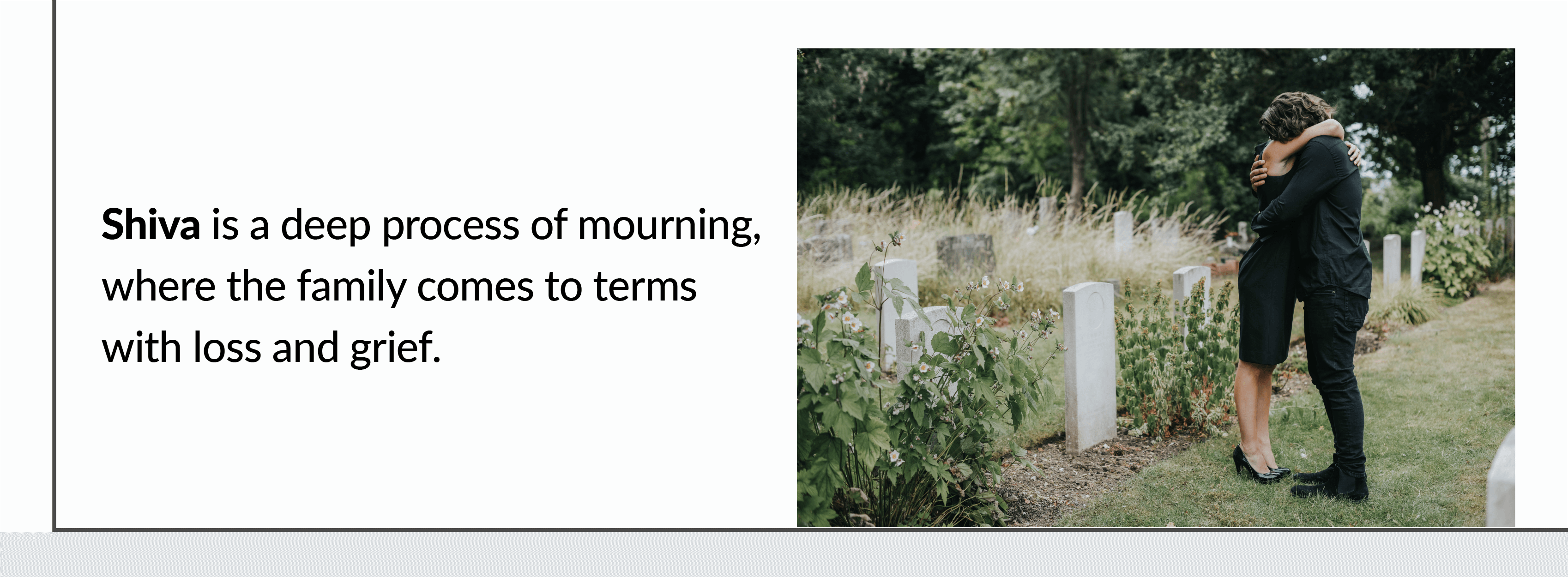When we hear about the passing of a friend, a family member, or a colleague, the first impulse for many of us is to send flowers to that person’s family. The right flowers are an effective way to reach out to a grieving family and show your sympathy. In some cases, families will request that donations be made to a charity in lieu of flowers. Usually, though, sending flowers to a funeral is an appropriate gesture.
Also read:
- How to Send Flowers to a Funeral
- Should I Send Flowers to a Celebration of Life Ceremony?
- Which Flowers Last the Longest?
- Best Flowers for Every Occasion
But what about when religious faith becomes a factor? After all, customs vary significantly from one religion to another. When it comes to a Jewish funeral, sending flowers is not an appropriate gesture of sympathy. Unlike funerals in Christian faiths, flowers are not a part of Jewish funeral tradition. Jewish families typically won’t adorn the caskets or gravesites of their loved ones with flowers. In fact, in some cases, Jewish mourners even view the preparation or receipt of floral arrangements as an interruption to their mourning process.
Jewish Mourning Tradition & Shiva
In many faiths, funerals are occasions for both mourning and celebration. Attendees grieve the loss of their loved one, but also celebrate that person’s life. To make sure that funerals accommodate both grief and celebration, families will often take several days—sometimes more than a week—to plan funeral arrangements.

In the Jewish faith, the funeral tradition is distinctly different. First of all, it is very rare that a Jewish funeral will take place more than a day after a person’s passing. The funeral itself, meanwhile, is solemn, downbeat, and no-frills. Mourners then return to the home of the family, where shiva begins. For the next seven days, the family sits shiva, remaining at their home and mourning their lost loved one. Shiva is a deep process of mourning, where the family comes to terms with loss and grief. It is more about healing than about celebration of life, and flowers are distractions or interruptions to this process.
How to Show Your Sympathy at a Jewish Funeral
So if you can’t send flowers, but you still want to show your sympathy for a Jewish family in mourning, what do you do? One option is to make a shiva call and visit the family at home. While shiva is known as being a private mourning process, families do welcome guests into their homes to pray with them. Spending quality time with the family is a wonderful way to mourn your own loss and to show your support and care.
If you don’t live in the area or aren’t comfortable taking part in a religious mourning process, there are other gifts you can send to the grieving family. Fruit baskets or food trays are appropriate gifts for Jewish funerals, as shiva requires mourners to abstain from cooking and other daily activities. Alternatively, you can make a donation to a charity in the deceased person’s name. Gifts like these help improve the community and honor the family as well as the deceased.



